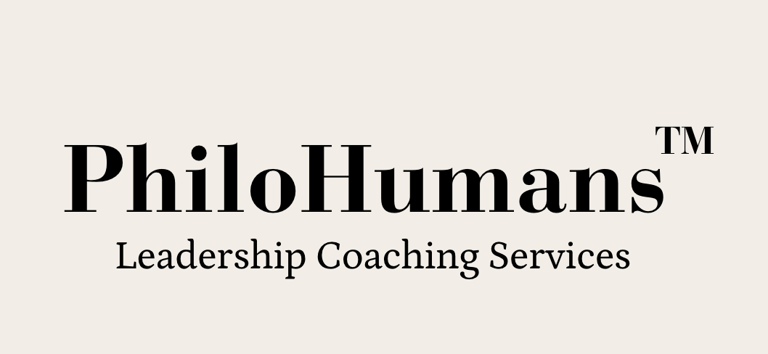The Long-Term Benefits of a Servant Leadership Culture
Explore the long-term benefits of a servant leadership culture, including enhanced employee engagement, talent retention, organizational growth, ethical success, and improved team performance.
LEADERSHIP RELATIONSHIPS
Dr. Rojin Karickal
10/22/20242 min read


In the modern business landscape, leadership styles significantly influence the trajectory of organizations. Among various approaches, servant leadership stands out for its long-term benefits, fostering environments where both individuals and organizations thrive. Unlike traditional top-down leadership models, servant leadership prioritizes the growth and well-being of team members. Let’s explore the profound and lasting benefits of adopting a servant leadership culture.
Enhanced Employee Engagement and Satisfaction
At the heart of servant leadership is a focus on the well-being and development of team members. By encouraging open communication and collaboration, this leadership style fosters an atmosphere of trust and respect. Employees who feel valued and supported are more likely to engage actively in their roles, exhibit higher levels of job satisfaction, and contribute more effectively to the organization's goals. This translates into enhanced performance and a vibrant workplace culture where employees are motivated to excel.
Attracting and Retaining Talent
One of the critical challenges organizations face today is attracting and retaining top talent. A servant leadership culture, characterized by its supportive and nurturing environment, provides a sustainable competitive edge. When employees feel their voices are heard and their contributions matter, they are more inclined to remain with the organization, reducing turnover rates. Moreover, potential recruits are drawn to organizations known for their positive work atmospheres and commitment to employee development, making it easier to attract skilled professionals.
Organizational Growth and Innovation
Servant leadership cultivates a collaborative environment where creativity and innovation can flourish. By empowering team members and valuing their input, organizations encourage a spirit of inclusivity and openness that is crucial for problem-solving and growth. Employees are more likely to propose innovative ideas and solutions, driving the organization forward. This intersection of diverse perspectives and open dialogue stimulates growth and positions organizations to adapt swiftly to changing market dynamics.
Ethical and Sustainable Success
Servant leaders prioritize ethical decision-making and community engagement, which in turn builds enduring organizational values and positive cultures. These leaders strive to achieve success not just for the sake of profitability but with a focus on ethical practices and sustainability. Companies grounded in these values are better equipped to navigate challenges and adapt to societal changes, ensuring long-term success and a strong reputation in their industries.
Increased Trust and Team Performance
Trust is a cornerstone of servant leadership. By fostering an environment of honesty and openness, team performance is significantly enhanced. Employees who trust their leaders and colleagues are more likely to collaborate effectively, share knowledge freely, and work towards common goals. This synergy not only improves individual and team outcomes but also elevates the overall workplace effectiveness, reinforcing a culture of collective achievement.
Conclusion
The cumulative benefits of a servant leadership culture extend beyond immediate gains. By focusing on the growth and well-being of team members, organizations can create a resilient structure that withstands challenges and thrives over time. Enhanced employee engagement, the ability to attract and retain talent, and a culture conducive to growth and innovation all contribute to a robust organizational framework. Furthermore, the commitment to ethical practices ensures that success is not only achieved but sustained, making servant leadership an invaluable model for today’s and tomorrow’s business environments.


